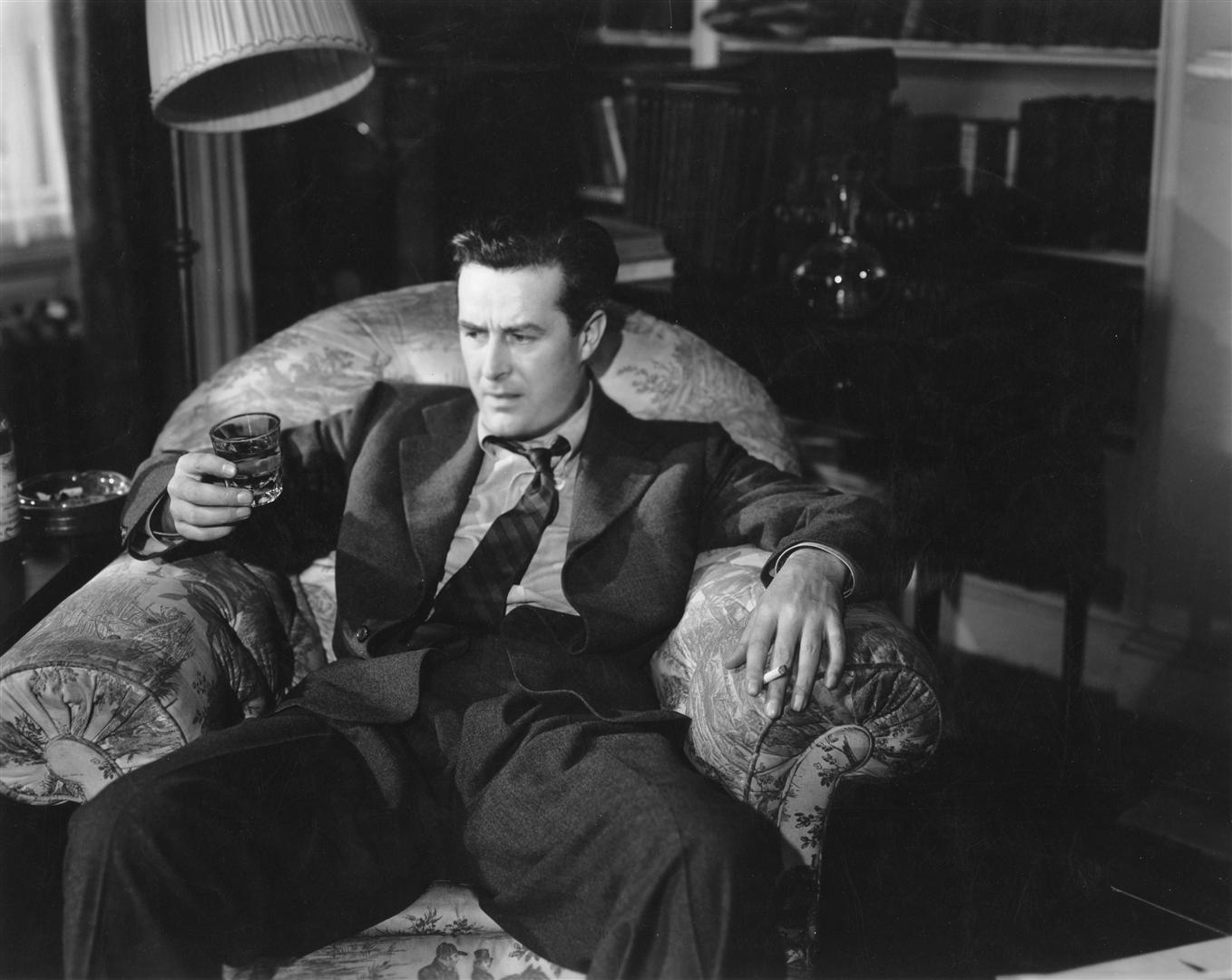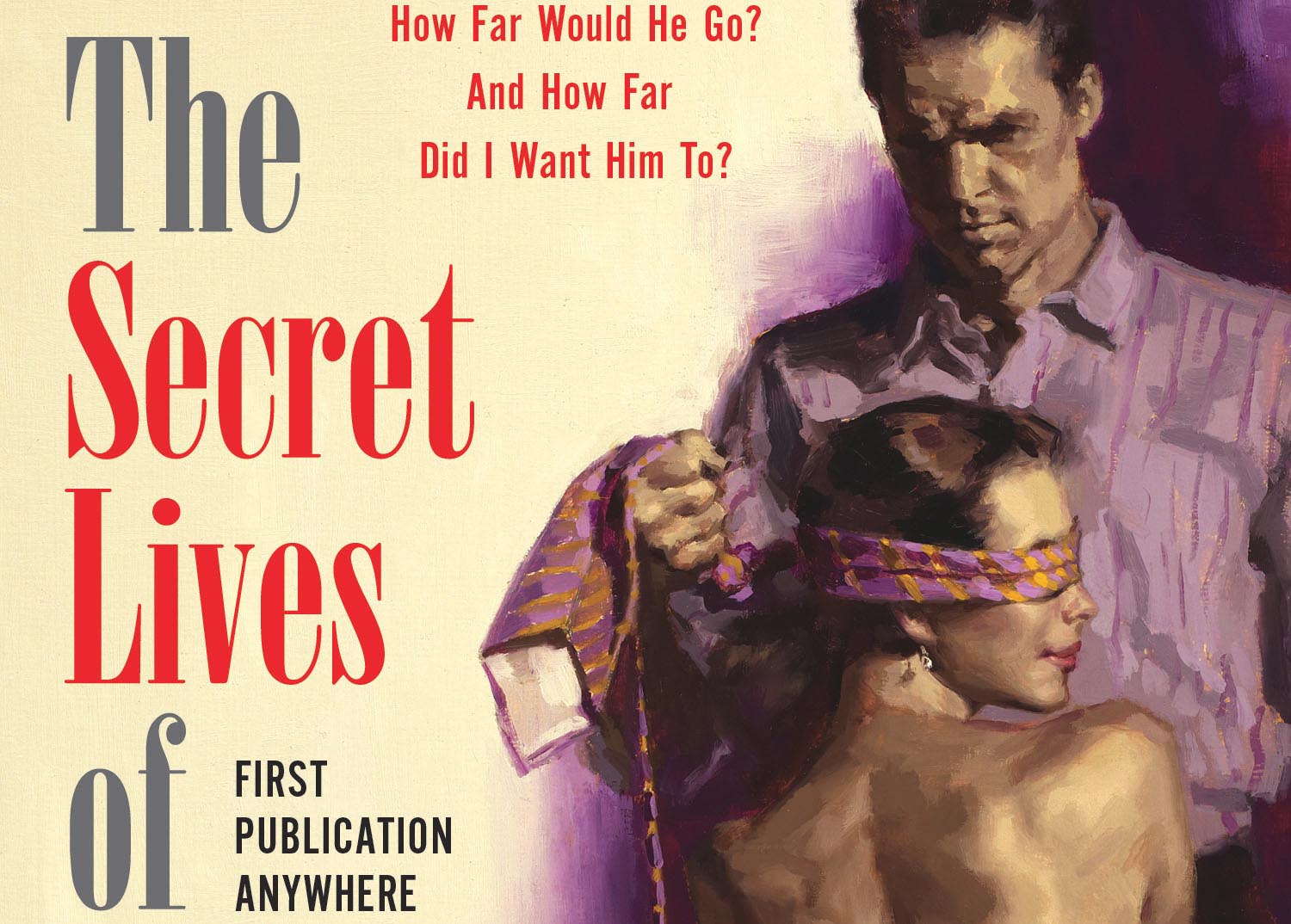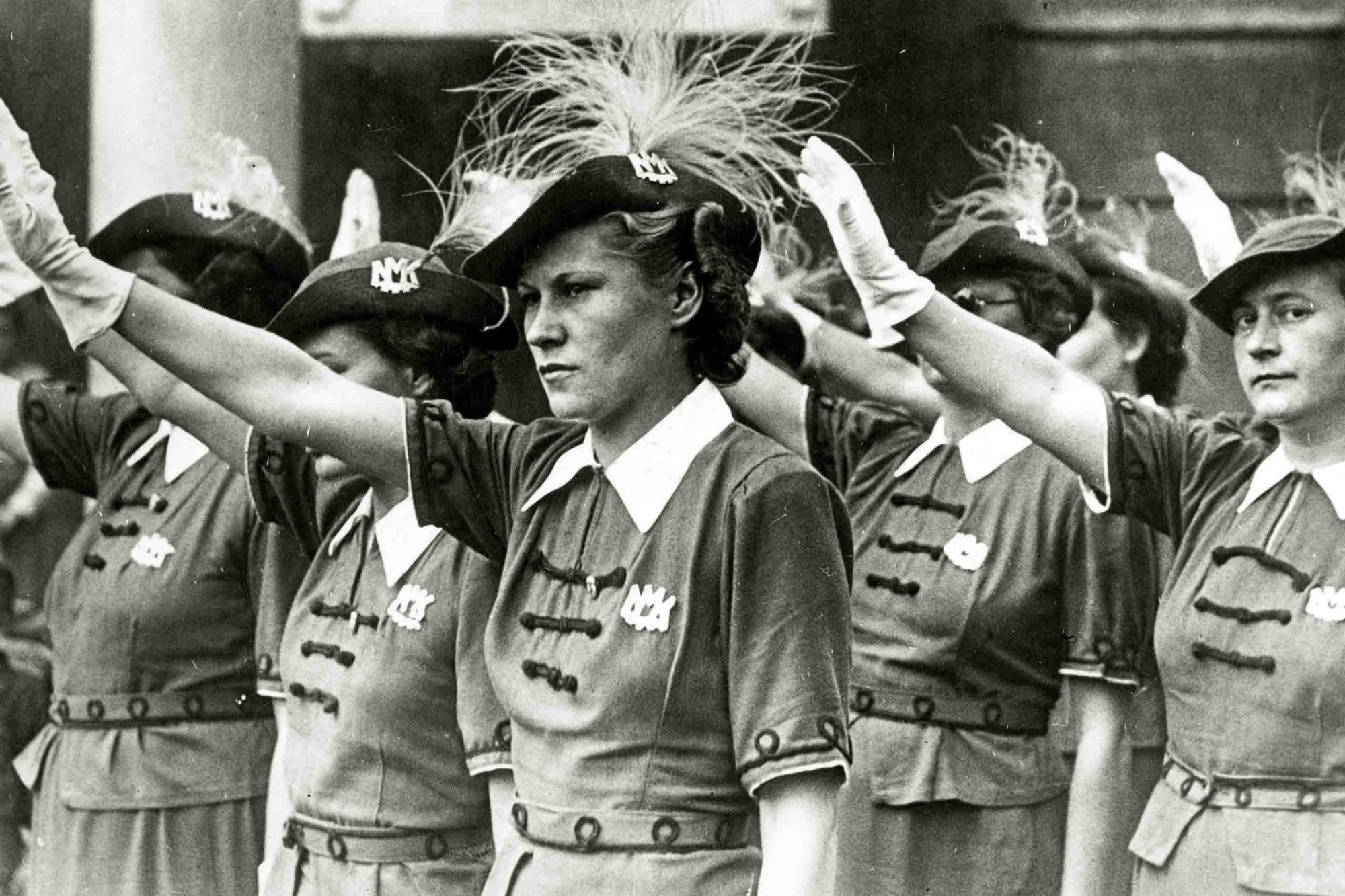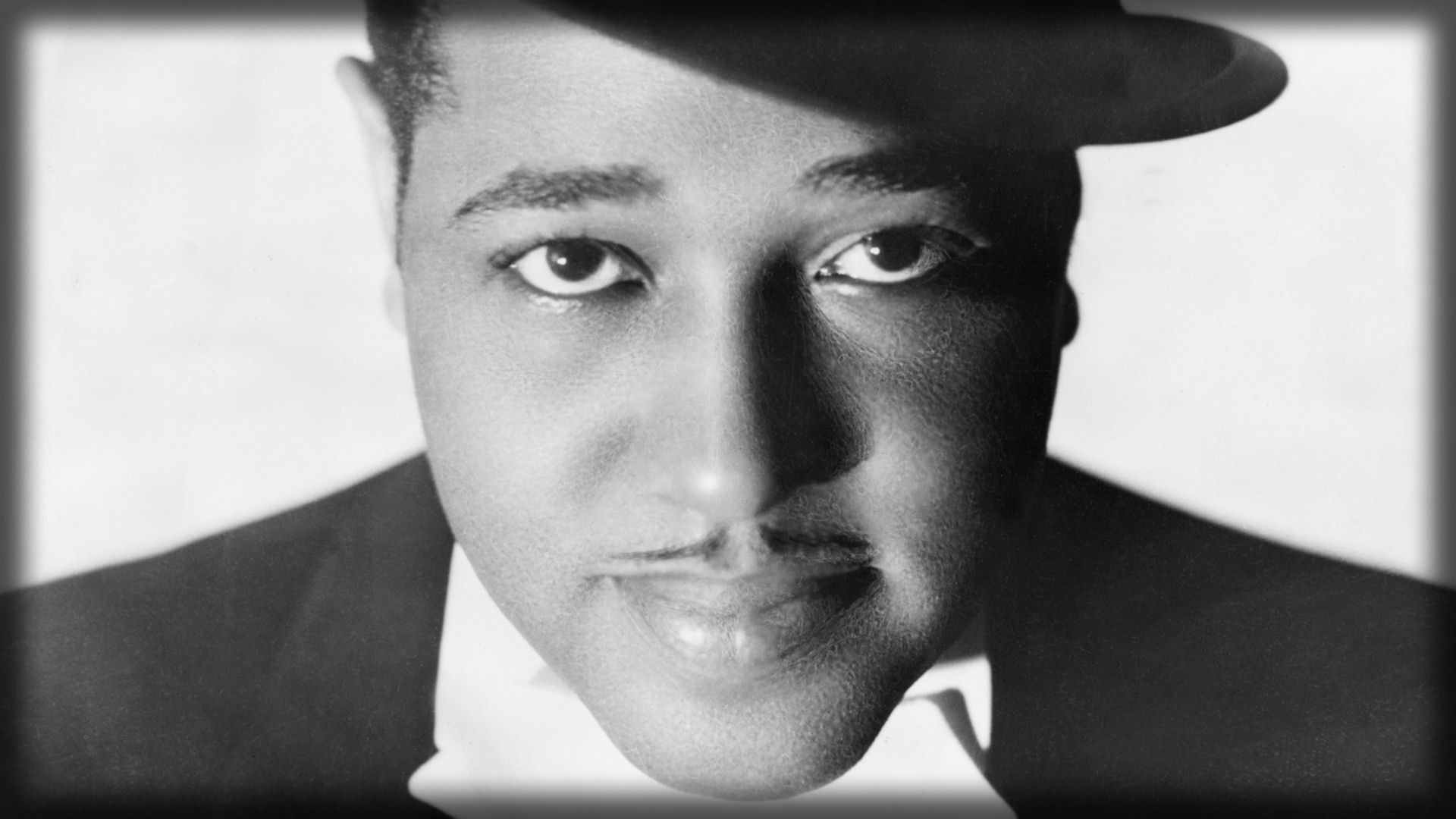Blake Bailey is most recently the author of Farther and Wilder: The Lost Weekends and Literary Dreams of Charles Jackson. He is also the author of the forthcoming The Splendid Things We Planned, to be published in March. Both books, along with every Charles Jackson volume ever published, were read and consulted for this comprehensive conversation. He previously appeared on The Bat Segundo Show #284.
Author: Blake Bailey
Listen: Play in new window | Download
[PROGRAM NOTE: In Farther & Wilder, Blake Bailey mentioned an extraordinary radio program called The Author Meets the Critics, in which authors confronted their critics live on radio. After a diligent search, I was able to locate 46 episodes of this program and I’ve collected them at the Internet Archive, where they can be downloaded for your enjoyment.]
Subjects Discussed: Jackson’s need for money, how The Lost Weekend‘s success freaked him out, Jackson’s self-perception as a misfit, becoming an unintentional spokesman for dipsomania, Jackson’s block after The Lost Weekend, Seconal addiction, Jackson’s hospitalization, Mary McCarthy’s fictionalized version of Jackson, McCarthy’s unfinished manuscript The Lost Week, John P. Marquand, vacations in Truro, the friendship between McCarthy and Jackson, why one shouldn’t read all of Charles Jackson, Jackson vs. Cheever and Yates, the perversity of reading A Second-Hand Life, prosaic sexual affairs in Jackson’s later work, Jackson’s obsession with Shakespeare busts, Adam Kirsch’s review of Farther & Wilder, average writers who long to be geniuses, literary failures, the origins of Farther & Wilder, Calvin Kentfield, Nathan Asch, Flannery Lewis, Jackson’s death by overdose at the Chelsea, undiscovered papers at Dartmouth, the impossible-to-find TV adaptation of Waugh’s “The Man Who Liked Dickens” directed by Nicholas Ray and written by Jackson, Jackson’s involvement with radio and television, the nineteen years when Jackson didn’t publish a novel, William Inge, how television affected Jackson’s storytelling abilities, comparisons between “The Outlander” and The Fall of Valor, the way that Jackson wrote about writers, the stories that Jackson wrote sober, Jackson’s writing difficulties when stoned on Seconal, how Jackson’s fiction explored writing ego, Jackson being ahead of postmodernism with “The Sunnier Side,” what literary biography can do, The Author Meets the Critics (in which Jackson appeared three times), Dwight Macdonald’s “By Cozzens Possessed,” when literary critics had the power to destroy a career, James Agee’s A Death to the Family, the mid-20th century war on midcult, why Jonathan Yardley is a terrible critic, Yardley’s negative review of Norman Rush’s Mating, John P. Marquand’s overlooked novels (The Late George Apley, Sincerely, Willis Wayde, and So Little Time), Roger Straus financing Jackson’s life, Philip Wylie, Wylie’s futile attempts to respond to The Fall of Valor‘s terrible qualities, when critics used to give talented writers a fair pass for sophomore slumps, Daniel Mendelsohn’s attempted takedown of Mad Men, Rhoda Jackson’s tolerance for her husband’s behavior, how the Jacksons managed their money, the many literary people who got their start at Fortune Magazine, Ron Sproat, Rhoda’s acceptance of Charlie’s sexuality, Jackson coming out of the closet, the weirdly limited way in which Jackson’s fictional wives were portrayed, D.T. Max’s Every Love Story is a Ghost Story, Max angling for motive about David Foster Wallace, the importance to double source details and relate it to a writer’s career, Mary Karr’s response to D.T. Max on Twitter, Alan Hollinghurst’s The Stranger’s Child, Bailey’s work on the Roth biography, how to ensure that people don’t come at you with pitchforks on Twitter while working on a literary biography, Karen Green’s Bough Down, DFW’s saintlike image, Infinite Jest, DFW’s nonfiction, literary biographers addressing issues of posterity, the DFW death porn industry, J.D. Salinger’s legacy held hostage by commercial interests, the collaboration between Roth and Bailey, Bailey’s access to Roth’s papers (sealed through 2050), coaxing Claire Bloom to talk, Philip Roth’s retirement, Bailey’s forthcoming memoir The Splendid Things We Planned, similarities and differences between memoir and literary biography, how hard you need to be on yourself when writing about yourself, Blake Bailey’s appearance diminishing somewhat in the second half of The Splendid Things We Planned, and writing about family.
EXCERPT FROM SHOW:
Correspondent: So I basically surprised you by pointing to the fact that I think you and I may be among the few people in America who have actually read all of Charles Jackson’s work.
Bailey: Living people. You know, Ed, probably the only two. His own daughters, who are alive and well, they have not read the oeuvre of Charles Jackson.
Correspondent: Wow.
Bailey: No. It’s you and me.
Correspondent: That’s it? Wow. So let’s talk. Charles Jackson, best known as the author of The Lost Weekend. Let’s get into what he did. I mean, he was adamantly determined in his early days to write what he knew, as you outline in your biography of him. Don Birnam, the protagonist of The Lost Weekend, many of Jackson’s short stories, and also the hero of this unfinished multivolume book project, What Happened? — this is basically Jackson’s life. This is what Jackson drew heavily on for his fiction. But then you have Jackson’s later fiction — The Outer Edges, A Second-Hand Life, and “The Outlander,” which I’m happy to argue with you about. These are adamantly determined to suggest deviance or behavioral aberration in common everyday fallacies, often out of step with the cultural mores of the time. And then, of course, you have “The Sunnier Side,” this story in which Charles Jackson himself appears and is commenting upon various people in Newark. So just to get started here — and that’s a lot to talk about — why do you think Jackson was so terrified of his own life in fiction? And so willing to castigate himself? Why did he need to pit his real and his fictional selves against each other and against society?
Bailey: Well, it’s interesting. You mention Newark. And I want to clarify for your listeners that is not Newark, New Jersey — the hometown of my current subject, Philip Roth. That is Newark, New York in the township of Arcadia. Up in the Finger Lakes region of upstate New York. It was a little town of about six thousand souls where Charles Jackson led a very tortured childhood and idyllic childhood. It was a little of both. Beautiful region. And people are kind to you in a sort of condescending way there. Charlie and his brother Fred, known always throughout his adult life as Boom, were the town sissies.
Correspondent: There’s also a beefcake shot of Boom in the book as well.
Bailey: A gorgeous beefcake shot of Boom taken by the famous gay photographer George Platt Lynes. There are photos by Man Ray of Boom at the Hood Museum at Dartmouth. Anyway, Charlie kind of deplored the way that people gossiped maliciously in small towns such as Newark and yet put a good face on things. And when the worst catastrophes happened — for example, Charlie was molested by the choirmaster of his church; a man named Herbert Quance, who appears in Charlie’s first published story, “Palm Sunday,” which was a pioneering work. It appeared in Partisan Review in 1939 and nobody was writing about pedophilia. And it’s quite frank in its treatment of that. It’s a terrific story. And it caused as much of a ripple at Partisan Review as Delmore Schwartz’s “In Dreams Begin Responsibilities”. So he was molested at age 14. The year before, his 16-year-old sister Thelma and 4-year-old brother Richard were killed by a train. And the egregious phony kindness with which he was treated — and meanwhile people knew about this pedophiliac choirmaster, but nice people didn’t talk about that sort of thing. You didn’t talk about touching little boys and what not. So he was tolerated, even though they knew that their own children were in danger of being molested. So long story short: Charlie regarded this as a deplorable state of affairs and he thinks that human beings should face up to their vagaries. And so that’s what he chose to write about. The vagaries in himself, which were considerable, and in humankind very much at large.
Correspondent: But, with “The Sunnier Side,” he’s there to castigate these three real-life women in Newark, which is also quite interesting. And that also is sort of a You Can’t Go Home Again/Thomas Wolfe type of thing too. But at the same time, with The Outer Edges, this book is utterly bizarre. Especially the guilt of the dog. That whole incident. This protagonist. He runs over a dog. And then he’s comparing himself to this true sociopath. So there’s this weird impulse going along in Jackson’s fiction as well. On one hand, he wants to go ahead and out the truth. On the other hand, he wants to hold everybody, including himself, accountable for every conceivable moral failing — even putting it up there and comparing it with a rapist and so forth. He’s a really bizarre guy.
Bailey: Okay. Let me explain The Outer Edges. It is based on the Edward Haight murders. Edward Haight, when he was sixteen years old, gave a lift to two kids — two girls, 11 and 9. Not only did he rape them, he tied them up, put them in the street, ran over them repeatedly. I mean, it was horrific. And Charlie was deeply disturbed by that. Now Charlie was disturbed by the viciousness of Edward Haight. Because Charlie was a married father of two girls and a homosexual. These days, people don’t understand the opprobrium in middle-class, mid-century America. Especially gay men, who presumed to get married and lead a normal life and were still seeing men on the side, as Charlie certainly was. So he did feel this kind of horrifying kinship with this child murderer Edward Haight. So how to acceptably portray that in fiction? He comes up with a Charlie-like character who, like him, is married to a long suffering woman and he’s a doting father, as Charlie was. And he feels a kinship with the murder in the book because he’s having an affair. Heterosexual with this tootsie. And because he inadvertently runs over a dog, now that, of course, is the fatal flaw with The Outer Edges. It doesn’t work and everyone told Charlie it doesn’t work.
Correspondent: But also there’s that weird phone call heard through the gas station restroom, which makes absolutely no sense. Like this is the reason why the wife decides to leave. Because she’s speculating upon a phone call. Just as he’s actually more concerned about driving over the dog than this particular affair. He just has a really bizarre moral compass.
Bailey: Yeah. Well, but I don’t want to dismiss The Outer Edges out of hand. Because certainly Charlie wrote worse books than The Outer Edges.
Correspondent: [looking at the stack of Jackson books on the table] He looks at A Second-Hand Life. (laughs)
Bailey: Oh my god. Let’s save that. What does work in The Outer Edges is the portrayal of the murderer himself, which really captures this whole Hannah Arendt notion of the banality of evil in a way that I think is sort of pioneering and very effective. And it’s a very episodic book. The French, Bovary-esque woman whose stuck in the boring marriage and tries for her maids not to see her having nothing to do. All that was very astute. I mean, again, no less than — I’m blanking on his name, which is terrible. A great British novelist. Sort of out of favor now. Anyway, he reviewed the book in The Listener and said, “Charlie Jackson is the man to write the Great American Novel of suburban ennui.” And if he wasn’t such a complete pill freak, he might have pulled it off.
Correspondent: Well, let’s talk about this. Okay, so he’s an alcoholic. And he uses this to write The Lost Weekend. Then he becomes this big AA spokesperson. But he’s also this go-to guy for Spencer Tracy, Robert Benchley, Dorothy Parker. He chronicles this problem — alcoholism — and, as you say, at the time this had not been pursued to this depth in fiction. And then this is interesting. He pitches his Uncle Mr. Kinbar to Roger Straus and he writes, “This book has everything. Humor, pathos, real social comment.” There’s the story idea that Jackson conveys to Sandy with the wife as “a shock absorber between him and the world around him.” Given Jackson’s keen interest in Thomas Mann, I’m wondering why he felt the need to mimic or outperform his better. I mean, the Fitzgerald passage in The Lost Weekend, where he just speaks glowingly about Fitzgerald, you would think that Jackson could have figured out that one of Fitzgerald’s fatal flaws was trying to actually reproduce Gatsby. So why was he just not self-aware enough to realize that masterpieces just kind of happen by accident?
Bailey: Well, I think that Charlie had a taste for fine things, which was very much like Scott Fitzgerald. Scott Fitzgerald had a very big nut. He liked to live lavishly and that meant writing trashy stories for the Saturday Evening Post and not writing great novels. So there it is. Charlie, his great surrogate parents in Newark was the Bloomer family in town. And he wrote a story, Charlie did, called “Tenting Tonight.” In the midst of this dreary provincial place, here are people with real tastes, who have culture, who have this opulent house. And this is something that Charlie aspires to. And then later, this man, this gay bachelor, this Wall Street lawyer with a fabulous fortune whose father was Edith Wharton’s best friend, Bronson Winthrop, takes Charlie and his brother Boom under his wing and really gives them a taste for fine things. You know, they both had tuberculosis. Bronson Winthrop sent them to these luxury sanitoria in Davos, Switzerland. So Charlie said, “I want to live like that.” And he managed miraculously — we’re condensing a lot, but he went through this period of horrific alcoholism where he miraculously got sober. He wrote The Lost Weekend, which was not only regarded critically as a masterpiece. That’s the very word that The New York Times used.
Correspondent: I’d call it a masterpiece.
Bailey: I would too. I think that Don Birnam is still the definitive portrait of an alcoholic in American literature. And he goes to Hollywood and suddenly he’s this alcoholism guru, which you pointed out. People like Spencer Tracy and Dorothy Parker and Benchley and so on. And, you know, he wants to keep living like that. He wants to still have the celebrity friends. He wants Judy Garland to remain his pal. And he buys this ridiculous federal mansion in New Hampshire and finds that he can’t keep it up without writing dreck. And pretty soon, he falls into the same trap that poor Fitzgerald did, which was writing terrible short stories for the slicks.
Correspondent: Was it Hollywood that forced him to have this yardstick to measure himself by? Or was it the success of The Lost Weekend? Because that sold like crazy. Like Franzen style at the time.
Bailey: It did sell like Franzen style. But what happened was — he goes to Hollywood. Everything’s going Charlie’s way. He’s the most popular man in town. He was very endearing and very charming. Everyone invited him. He never had to dine alone in Hollywood. All the stars loved him, especially all the alcoholic stars. Which was every one of them. What was the question again?
Correspondent: I’m trying to get from you why he felt the need to be this great social novelist and I gave you a hint with the Thomas Mann thing.
Bailey: Right. Charlie had a terrible need to be loved. And he adored the work of Thomas Mann. And Mann — they had sort of an Eckermann/Goethe-like relationship. Mann met him in Hollywood. And they became correspondents and friends who saw each other maybe three times. It wasn’t misguided for Charlie to aspire to write great books. He’d written one. And to his credit, he terminated his contract at MGM. He didn’t want to stay in Hollywood and be this hack. He wanted to write The Fall of Valor, which was the first mainstream novel about homosexuality in American fiction. 1946. Two years ahead of Gore Vidal’s The City and the Pillar. The problem was it wasn’t that great of a novel. Now if you want to talk about what the real reason that Charlie’s fiction never equaled The Lost Weekend, we can do that.
Correspondent: Well, sure. Feel free. We’re getting into some really high-end reading geek things.
(Loops for this program provided by danke, ozzi, 40a, and bedenney.)
The Bat Segundo Show #530: Blake Bailey II (Download MP3)




